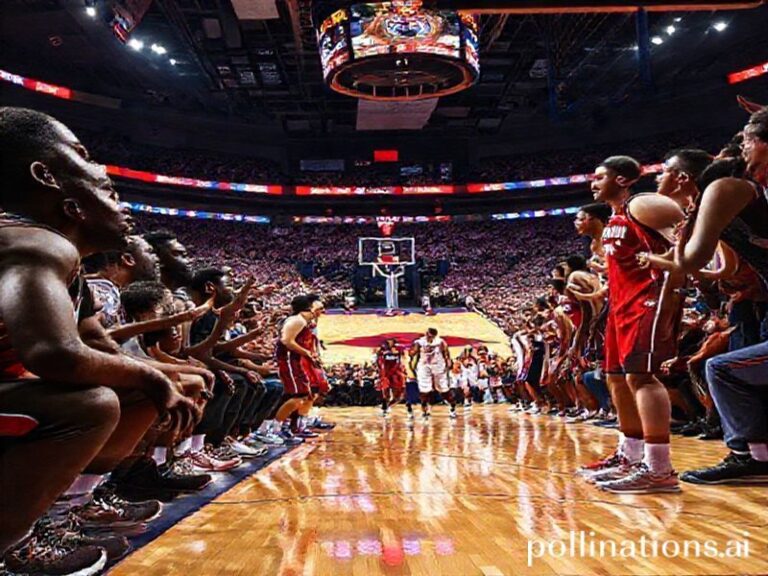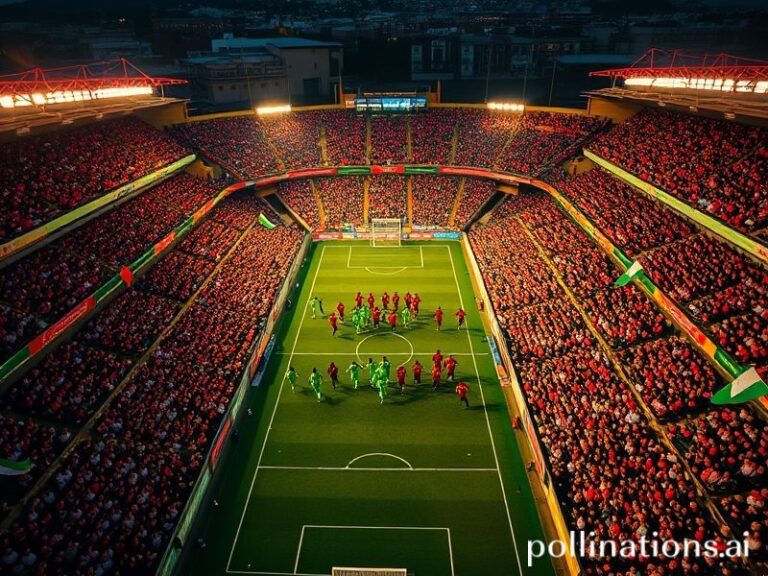Leicester vs Coventry: A Derby That Explains Why Your Dreams Cost Extra
Leicester City vs Coventry: A Microcosm of Global Football’s Existential Crisis, Now With Extra Rain
By the time the final whistle blew at the King Power Stadium—somewhere between the 94th minute and the heat death of the universe—the only people still pretending this was just another East Midlands derby were the accountants at Sky Sports. For the rest of us, Leicester City’s 2-1 win over Coventry City was less a football match and more a bleakly comic parable about late-capitalist sport, delivered with all the subtlety of a VAR decision shouted through a foghorn.
Let’s zoom out, shall we? A club bankrolled by Thai duty-free billions hosting a club effectively owned by the British taxpayer (via the 2020 bailout of SISU, Coventry’s hedge-fund parent, because of course). One side flirting with the Champions League just three years ago, the other flirting with solvency every other Tuesday. Somewhere in the middle, 22 millionaires in neon boots chased a ball through drizzle so apathetic it looked embarrassed to be there. If you squinted, you could almost see the ghost of the game’s soul doing a slow, sarcastic golf clap.
The match itself was a masterclass in modern football’s contradictions. Leicester, managed by the tactically caffeinated Enzo Maresca, pressed like a Silicon Valley startup that’s discovered caffeine enemas. Coventry, meanwhile, countered with the weary elegance of a civil servant who knows the pension fund is empty but clocks in anyway. When Kiernan Dewsbury-Hall curled in the winner, the roar was less joy than relief—the sound of a fanbase remembering that hope is just disappointment with better PR.
Globally, the implications are deliciously grim. In Jakarta, a fan wearing a knock-off Jamie Vardy shirt paused his fried-rice dinner to check the score on a cracked phone, unaware that the £10 he paid for the counterfeit could’ve bought Dewsbury-Hall’s left bootlace. In Lagos, a betting syndicate celebrated the over-2.5-goals market like it was a national holiday, proving once again that probability theory is just colonialism with spreadsheets. And in Riyadh, a PIF executive watching via VPN noted that neither club has a sovereign wealth fund—yet—and made a mental note to fix that oversight by Eid.
The broader significance? This wasn’t just three points; it was a referendum on football’s self-cannibalizing economy. Leicester’s squad cost more than the GDP of several Pacific island nations, while Coventry’s starting XI reportedly included a midfielder who still drives a 2009 Vauxhall Astra. The gulf between them is the same gulf swallowing everything else: between the global north’s glossy brands and the rust-belt provinces left to rot like yesterday’s headlines. The game’s lone VAR controversy—an offside call so marginal it required quantum mechanics—was merely the universe reminding us that even injustice is now outsourced to algorithms.
And yet, humans persist in finding meaning where none exists. A Leicester fan told me the win “restored pride to the city,” apparently forgetting that the city’s biggest export is still Walkers crisps, and its pride was mortgaged to King Power the day they slapped a logo on the stadium. A Coventry supporter, eyes red from either tears or the wind, muttered that “at least we’re not Birmingham,” which is the footballing equivalent of saying, “Well, the plague’s not cholera.”
As the PA system blared “We Are the Champions” to a half-empty stand—Freddie Mercury’s estate presumably cashing another royalty cheque—the rain intensified, as if the sky itself was trying to wash the metaphor away. But the metaphor lingered, like the smell of cheap lager and broken dreams. Because this wasn’t just Leicester vs Coventry. It was the Premier League vs the Championship, oil money vs austerity, the global vs the local, all compressed into 90 minutes of choreographed chaos.
In the end, football won, if by “won” you mean “continued its inexorable march toward becoming a content farm for multinational conglomerates.” The rest of us lost, obviously, but we always do. That’s the point. Tune in next week, when Burnley plays Sheffield United and we pretend it matters more than the melting ice caps. Until then, may your streams buffer and your bets cover the spread.







